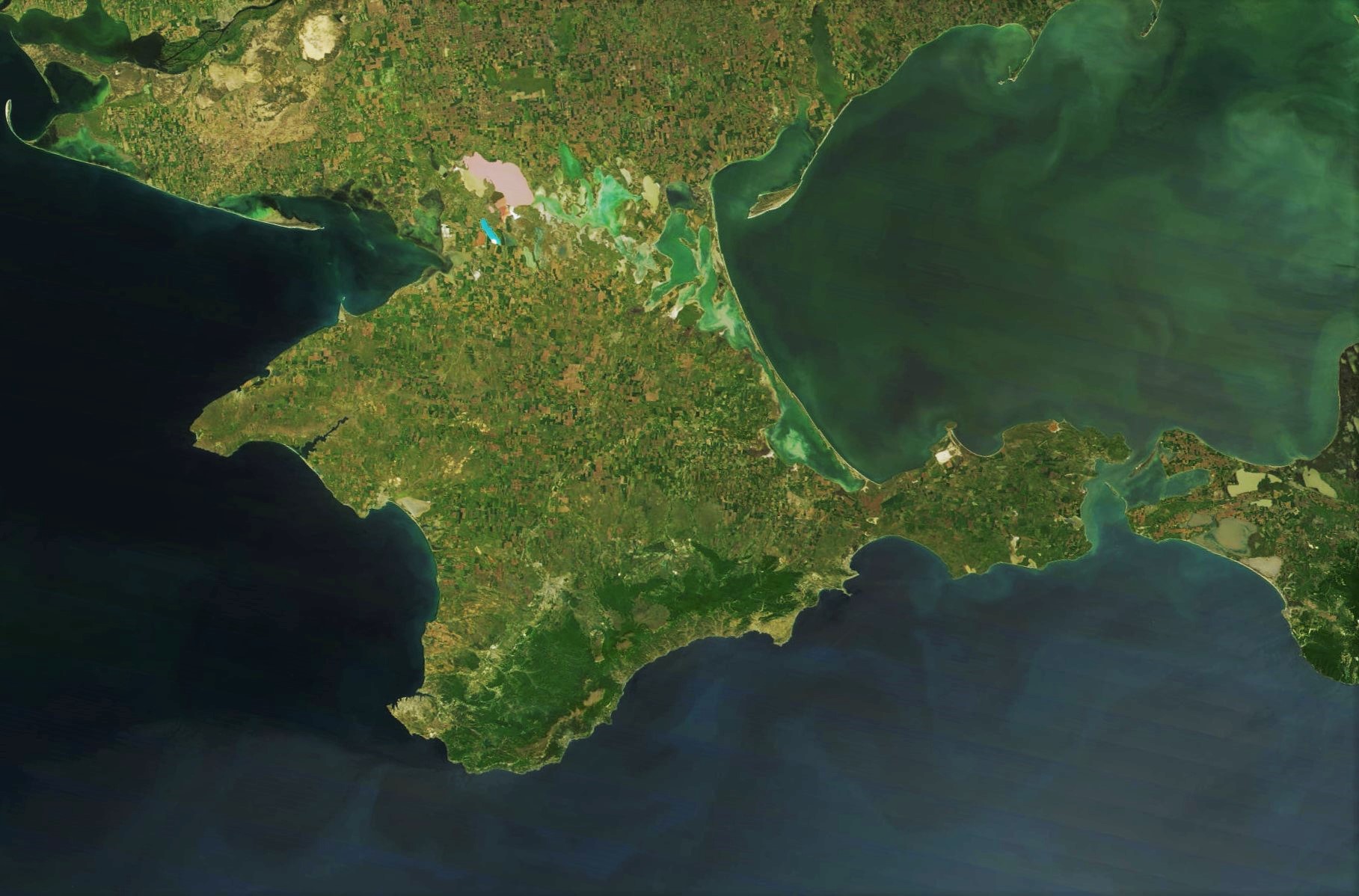The topic of Crimean Tatars entering structures of power is interpreted differently by both the ethnic and their neighbours on the peninsula. The guaranteed entry and participation of the Crimean Tatars in the representative and executive authority structures is one of the ways to protect the rights of the Crimean Tatar people.
Upon returning to their homeland, Crimean Tatars meet the society who fallen sick by xenophobia, the society in which distrust, fear, and dislike, entering the minds and souls of people, became chronic and manifest in all spheres of public life.
Such a state, which keeps people in constant tension and is ready at any moment to spill out in the ugliest form, is maintained by the corrupt part of the bureaucratic system, very far from moral ideals.
Attitudes towards this “class” and its role in society are different. The way a large part of the post-Soviet population now is the arbitrariness of the officials, the legal nihilism of the authorities is taken for granted. Thanks, to a massive propaganda and, to a large extent, the Soviet mentality, for them, the official is the leader and defender of the fatherland. Crimean Tatars treat such social condition as unfair. Moreover, they can neither agree nor get used to it.
The policy of the government, which supports the negative mood among the population, is rightly regarded by the Crimean Tatars as an infringement of people’s feelings and a violation of their rights. Distrust of the authorities extends to the rest of the population supporting this “unfair” state of affairs. Undoubtedly, such a state in the Crimean society is a conflict-containing birth, because the lawlessness of officials for people and states at all times turned into a tragedy.
The situation in the Crimea over the past thirty years requires different rules and forms for building relationships. The ethnic factor here is fundamental; it cannot but become a neutraliser of the conservative above-mentioned expansive-aggressive mass psychology. The new territorial community built on a contractual basis:
- First, do not allow one to dominate the ideological system or a political force;
- secondly, it should be able to prevent the escalation of conflicts that have arisen based on bureaucratic lawlessness into ethnic ones;
- thirdly, it will help relieve social and psychological stress;
- fourthly, it neutralises attempts to use dirty techniques in order to incite ethnic groups against each other.
It is known that the mass media shape public opinion and influence the public consciousness. At this stage, the development of positive relations in the Crimean society largely depends on the media. However, the financial dependence of the last one, and the influence of odious figures on them, the lack of understanding of the future social relations does not allow the media to assume such an important mission. Supporting a side that did not want any changes or new forms of public relations, the mass media began to aggravate the role of previous prejudices and stereotypes, overcoming of which seemed to be the nearest prospect, generating fear and xenophobia.
It can be argued that an
information war continues against the Crimean Tatars. Through
some media, without embarrassment, the idea is being introduced unobtrusively
but methodically into the consciousness of the Russian-speaking population that
there is no other terrible threat on the peninsula than the Crimean tars. The
goal is obvious: to keep the population of Crimea in constant tension, forcing
them to search for a nonexistent enemy. Moreover,
on a similar background, it used to solve their corporate political, especially
financial and economic issues.
In this situation, any thought aimed at the perception of
new promising realities is doomed to a comatose state, which does not allow to
focus public attention on the main issue that is how to improve the Crimea.
State media reflect the dual official policy of the
authorities towards the Crimeans: there is a constant declaration of the need
for a comprehensive solution to the problem, and at the same time there
is no designated even as temporary, even as imperceptible, – in a word, in any
form a constructive approach to the problem itself.
The media as a mirror of
the socially political “soul” shows and expresses doubt on the expediency of
resolving the Crimean Tatar problem from a political point of view. The
same doubt can be traced in the main directions of the government’s
ethnopolitics. After all,
legislative acts on the national question provide for the determination of the
status of the Crimean Tatar people only as a national minority.
Such an attitude enters into a conflict contradiction
and hinders the evolutionary and self-determination of the Crimean
Tatars in the legal field by ensuring their representatives are included in the
executive and legislative authorities of the Crimea and does not allow the
adoption of relevant legislative acts. It
is very beneficial for someone to keep the Crimean leader in such a position as
the main argument in favour of the need to protect the “fatherland” and the
“Russian-speaking” person.
In 1994, a compromise was found that provides the lowest quotas for the Crimean Tatars, that is 14 deputy seats in the Crimean parliament. The activity of the Crimean Tatar deputies was regarded and presented by the communists and pro-Russian forces as a threat. The Kurultai faction fought with parliamentary methods against infringement of the rights of the Crimean Tatar people.
At the international level, especially on the political plane, the Kurultai and its activities are characterised as a democratic structure that was created through democratic elections and expressing the interests of the Crimean Tatar people.
However, such status and activity of Kurultay upset the strategic plans of the opponents of the Crimean people. Also, in his midst today, there are prevailing assessments that state his allegedly extremist character.
Shevket Kaybulla





